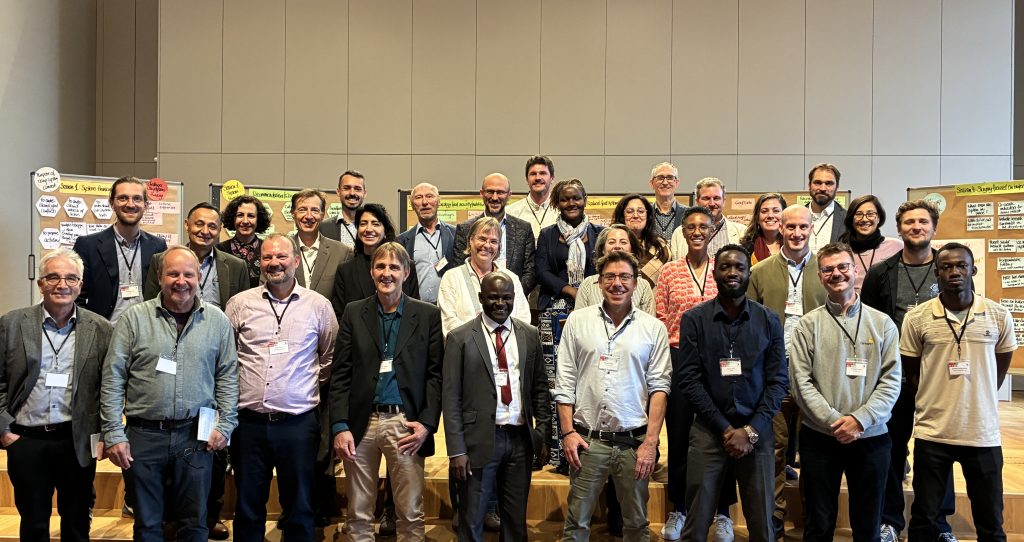Cooperatives as Change Agents for Value Change Development
- Home
- Cooperatives as Change Agents for Value Change Development
- Posted on
- Helge Merten
- 22.10.2025
- 0 comments
Members of the institute participated in the Symposium “The Role of Value Chain Development in Agri-Food Systems Transformation” held on September 22-23, 2025, organized by the Centre for Rural Development at Humboldt-Universität zu Berlin and the International Value Links Association. Over the past three decades, value chain development (VCD) has become a central framework for practitioners aiming to improve the socio-economic conditions of value chain stakeholders, especially smallholder farmers in rural areas. The symposium fostered structured dialogue between researchers and practitioners through moderated interactive workshops, focusing on six key principles: (1) systems thinking, (2) linking agroecology, landscape, and nutrition with economic perspectives, (3) strong sustainability and planetary boundaries, (4) focus on impact, (5) working with and through change agents, and (6) transformative action and related concepts.
The symposium emphasized the critical role cooperatives can play as key stakeholders and partners in value chain development projects, particularly in improving farmers’ livelihoods. Of particular interest was a workshop dedicated to understanding the role and characteristics of change agents—defined as individuals, groups, or organisations that acts as a catalyst to initiate, facilitate, and drive positive change within a system, such as a business or organization. Key attributes of change agents include leadership, communication skills, adaptability, problem-solving, and the ability to inspire others.
In the groupwork, additional key traits of change agents were identified. Change agents should have a vision beyond their immediate role and demonstrate a willingness to compromise and take risks. They should hold influence and power, be able to excerpt compliance, and act with intentionality. Their role often involves generating connections and bringing people together, supported by a clear mandate. They embody an entrepreneurial attitude, advocate for change, and can serve dual roles as catalysts and stabilizers within systems. For individuals specifically, personal attributes such as personality, motivation, values, and vision are essential to effectively drive and sustain change.
As scholars of cooperative studies, the symposium encouraged us to work closer with practitioners and cooperative members, among others to understand and support the role of cooperatives not only as stakeholders but as potential change agents that can be developed through time.

